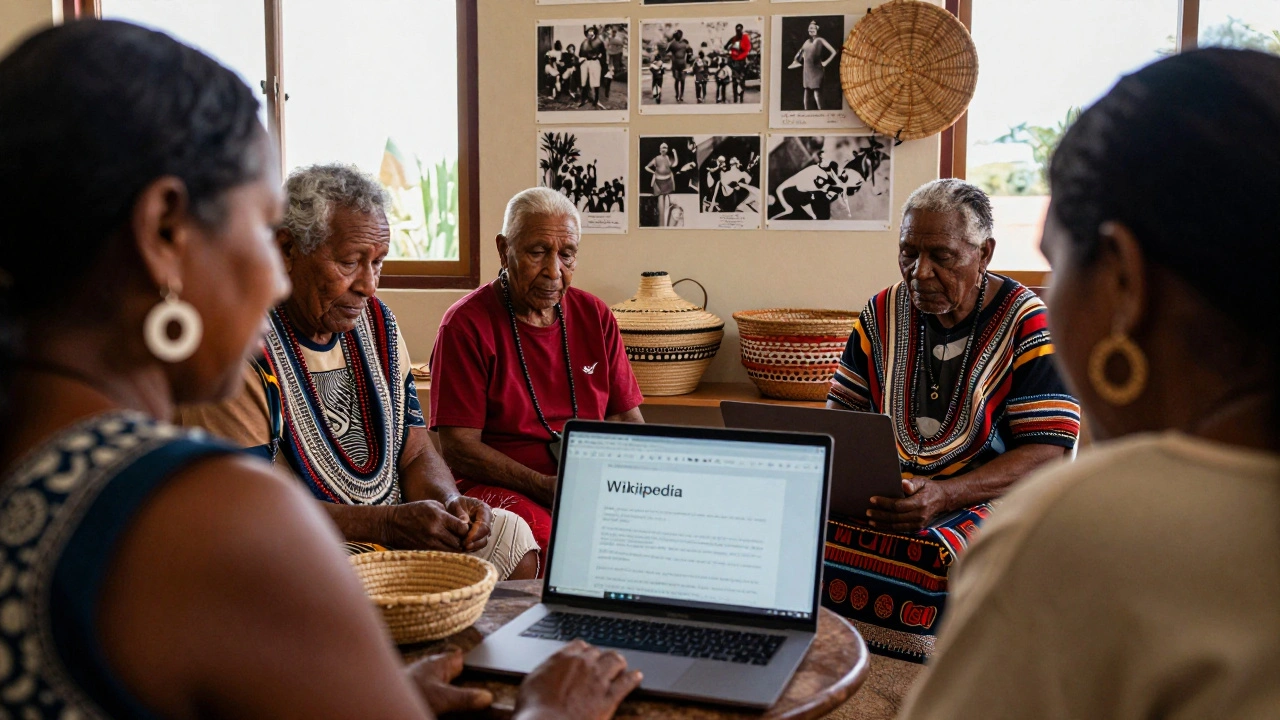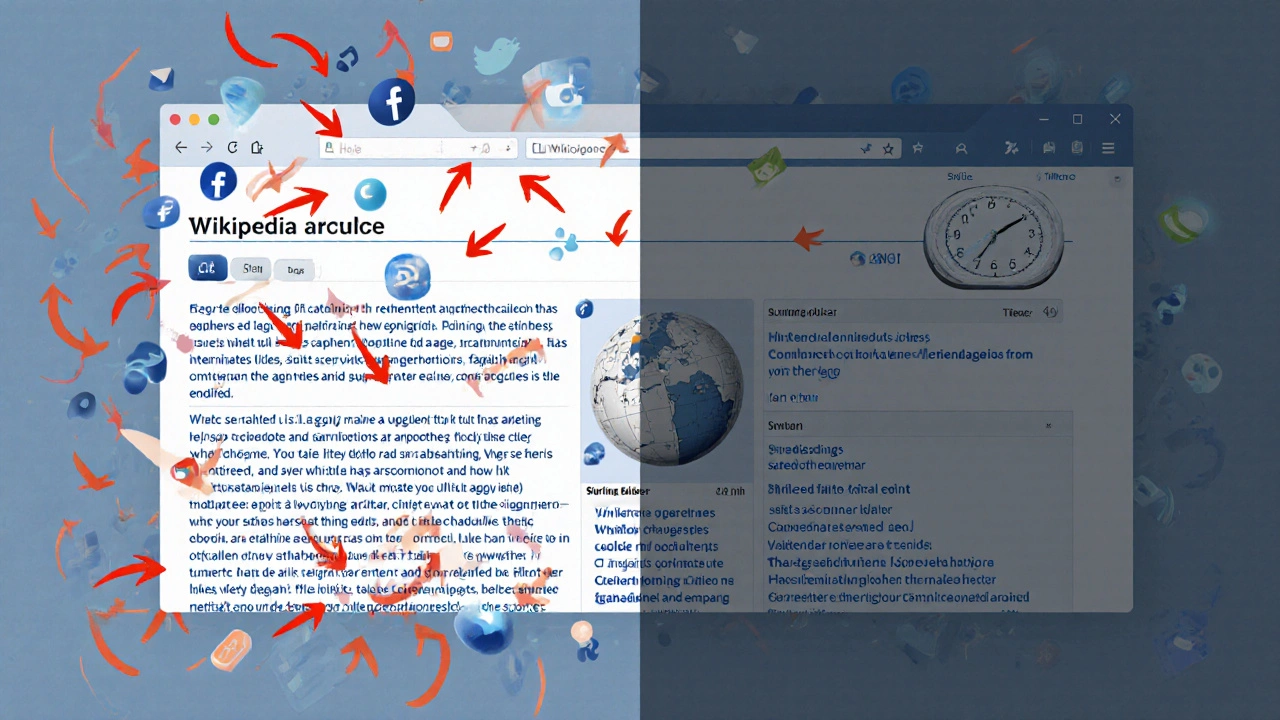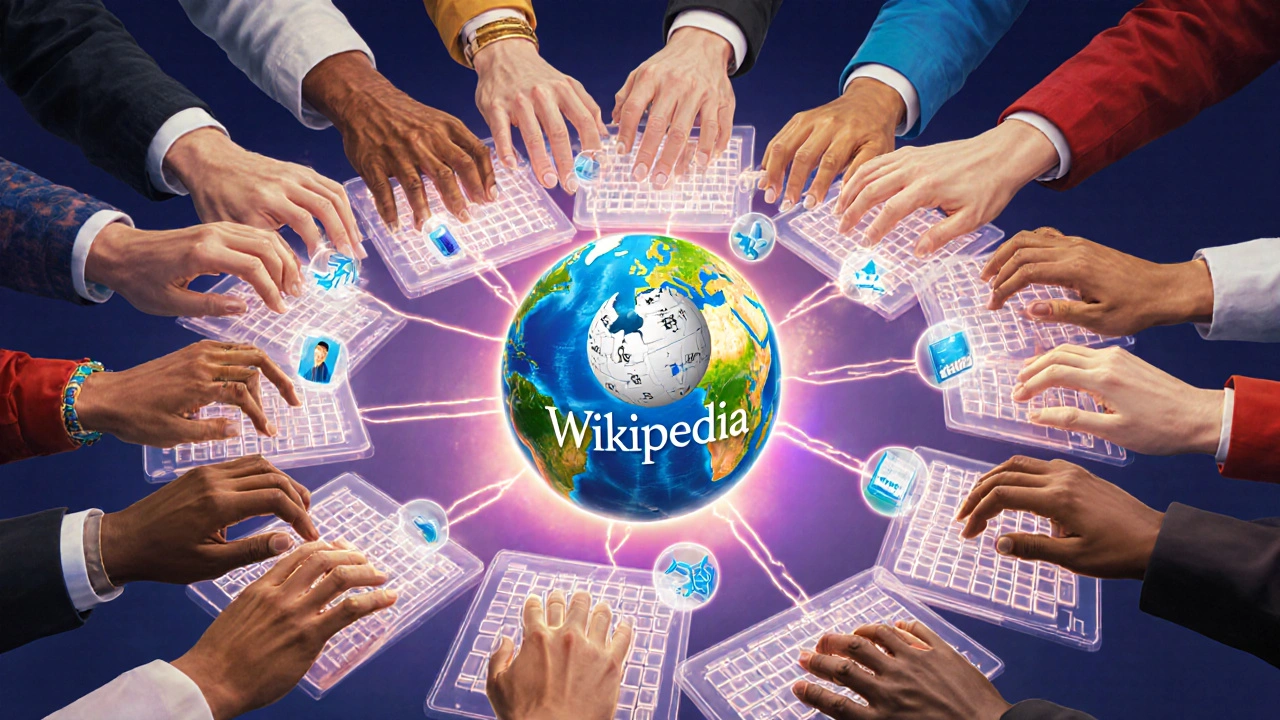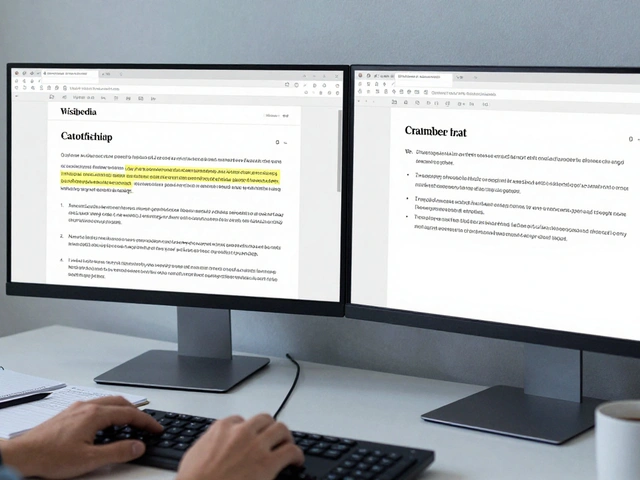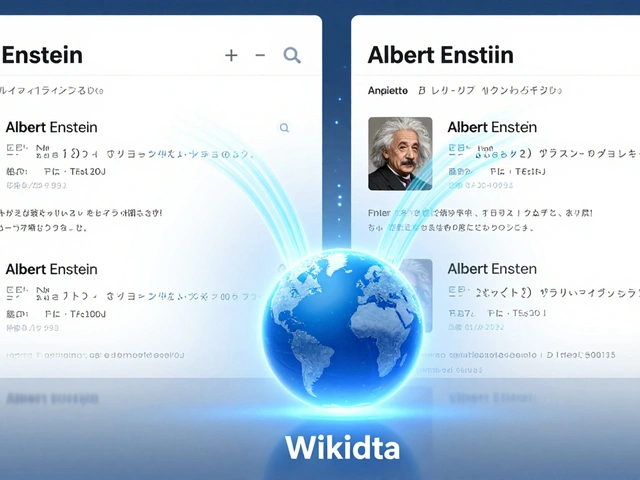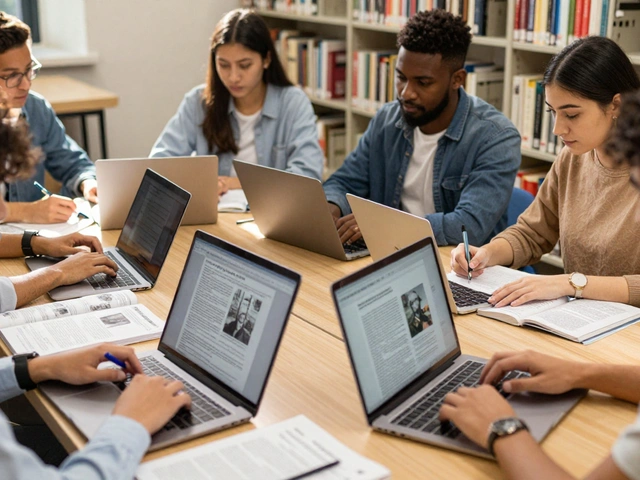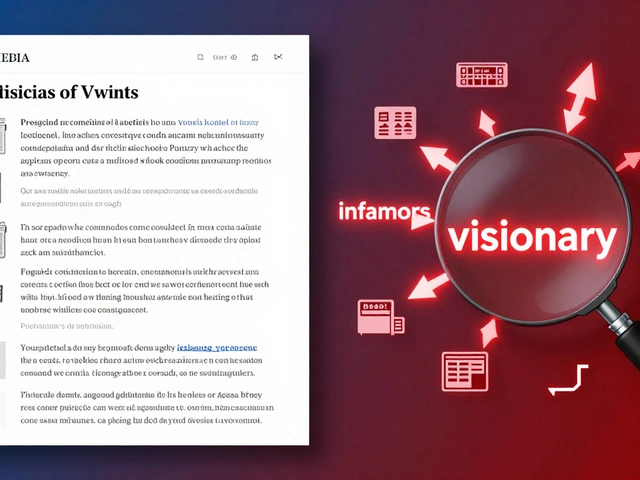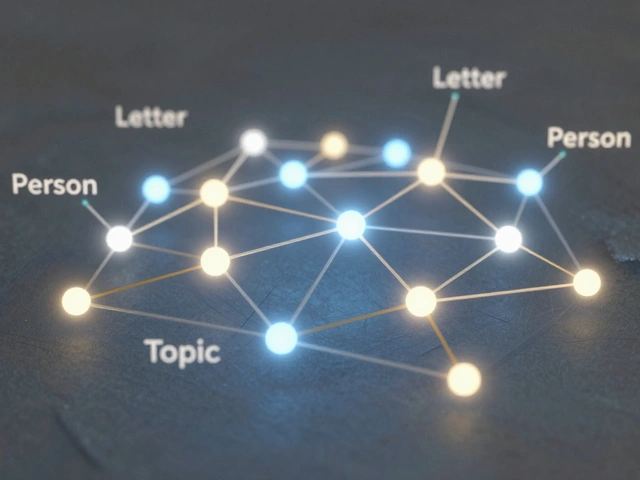Wikipedia collaboration: How volunteers build the world's largest encyclopedia together
When you think of Wikipedia collaboration, the collective effort of millions of volunteers to create, edit, and maintain a free encyclopedia. Also known as crowdsourced knowledge building, it's not a chaotic free-for-all—it's a structured, rule-based system where people from every corner of the globe negotiate what gets published and why. This isn't magic. It's daily work: someone notices a typo, another checks a source, a third mediates a dispute over wording. Every edit, every discussion, every policy change happens because someone cared enough to show up.
Behind every accurate article is a network of Wikipedia community, the self-organizing group of editors who govern content through discussion, consensus, and shared norms. Also known as Wikipedia editors, this group doesn't have bosses—it has policies. And those policies, like consensus building, the process of reaching agreement among editors through reasoned debate rather than voting, are what keep things from falling apart. You won't find corporate managers here. You'll find retired teachers, students, librarians, and engineers arguing over whether a sentence should say "mostly" or "often"—because they care about precision. They use tools like watchlists to track changes, annotated bibliographies to back up claims, and task forces to fix systemic gaps in coverage, like missing information about Indigenous cultures or local history.
Wikipedia collaboration doesn't work because people are perfect. It works because it's designed to catch mistakes. When a biased edit slips through, another editor rolls it back. When a source is dodgy, someone flags it. When a topic is underrepresented, volunteers form groups to fix it. This isn't theoretical—it's happening right now, in real time, across 300+ languages. And it's not about fame or money. It's about trust. People trust Wikipedia because they know someone, somewhere, took the time to make sure it was right.
What you'll find below isn't just a list of articles. It's a window into how this system actually functions: how editors handle harassment, how they decide what's notable, how they fight bias, and how they keep the lights on without ads or paychecks. These are the real stories behind the numbers—the quiet, persistent work that keeps the world's largest encyclopedia alive.
Multilingual GLAM-Wiki Projects: Real Case Studies on Wikipedia
Multilingual GLAM-Wiki projects connect museums, libraries, and archives with Wikipedia editors to share cultural heritage in local languages. Real case studies show how Indigenous, minority, and post-colonial communities are reclaiming their stories on Wikipedia.
How to Use Wikipedia Talk Pages to Fix Disputed News Content
Learn how Wikipedia talk pages help editors resolve disputed news content through source-based discussion, collaboration, and policy-driven consensus-without bias or rumor.
The Largest and Most Active WikiProjects: A Directory
Discover the largest and most active WikiProjects on Wikipedia, from medicine to film, and learn how these volunteer-driven teams keep the encyclopedia accurate and reliable. Find out how to join one today.
